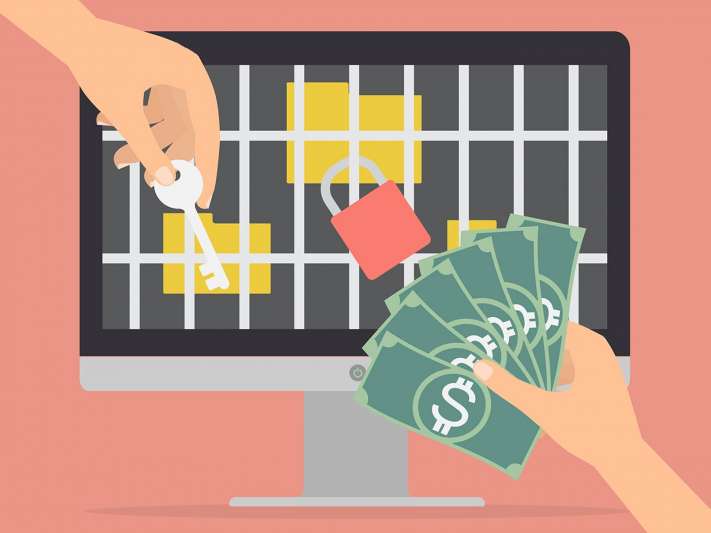Ransomware-the word which shakes your mind is a malicious software that locks your device; be it smartphones, tablets or computers. The greatest damage people suffer is that they lose their important data if the ransom asked is not paid. But paying the ransom asked is not the solution to overcoming this issue, not letting your system be affected in the first place is.
This dangerous malware attack that started on Friday has disturbed many countries and their institutions. Ransomware attacks have wrecked havoc all over the world, including the AP Police and British National Health Services. There was in a lull in between when people hoped the worst was past, but unfortunately it isn’t so. The attack has now continued to spread; hitting thousands of computers in China and Japan today. Authorities fear another wave of the ‘WannaCry’ ransomware could hit systems as people return to work and switch on their computers.
Here are some few ways how to prevent ransomware:
- One can backup files of their devices in completely separate systems, and a good place to do that can be on an external hard drive that is not connected to the internet. The software is normally contained within an attachment to an email that masquerades as something innocent through phishing emails, malicious adverts on websites and questionable apps and programs.
- Never download an app that hasn’t been verified by an official store, and read reviews before installing programs.
- Never pay the ransom fee as it encourages attacks and may not result in files being recovered; as there are programs that can help decrypt files or if you have a backup you can restore your device from that.
- Anti-virus software can protect your machine although cyber criminals are constantly working upon new ways to overwrite such protection.
- Always install your updates as companies always release software updates to fix vulnerabilities that can be exploited to install ransomware. Therefore it is advisable to always download the newest version of a software as soon as it is available.
- Make sure that you close the drop box/google drive/one drive etc once in a day.
- One need not use an administrator account on their computer, you can just use a guest account with limited privileges.
- Remove the following plug-ins from your browser – adobe flash, adobe reader, java and silver light. And if you really wish to use them, set the browser to ask you if you want to activate these plug-ins.
- Adjust your browser security and privacy settings for increased protections.
- Use an ad blocker to avoid the threat of potentially malicious ads.
- Never open spam emails from unknown senders.
We hope you find this article useful. Spread the message and stay safe.










Discussion about this post